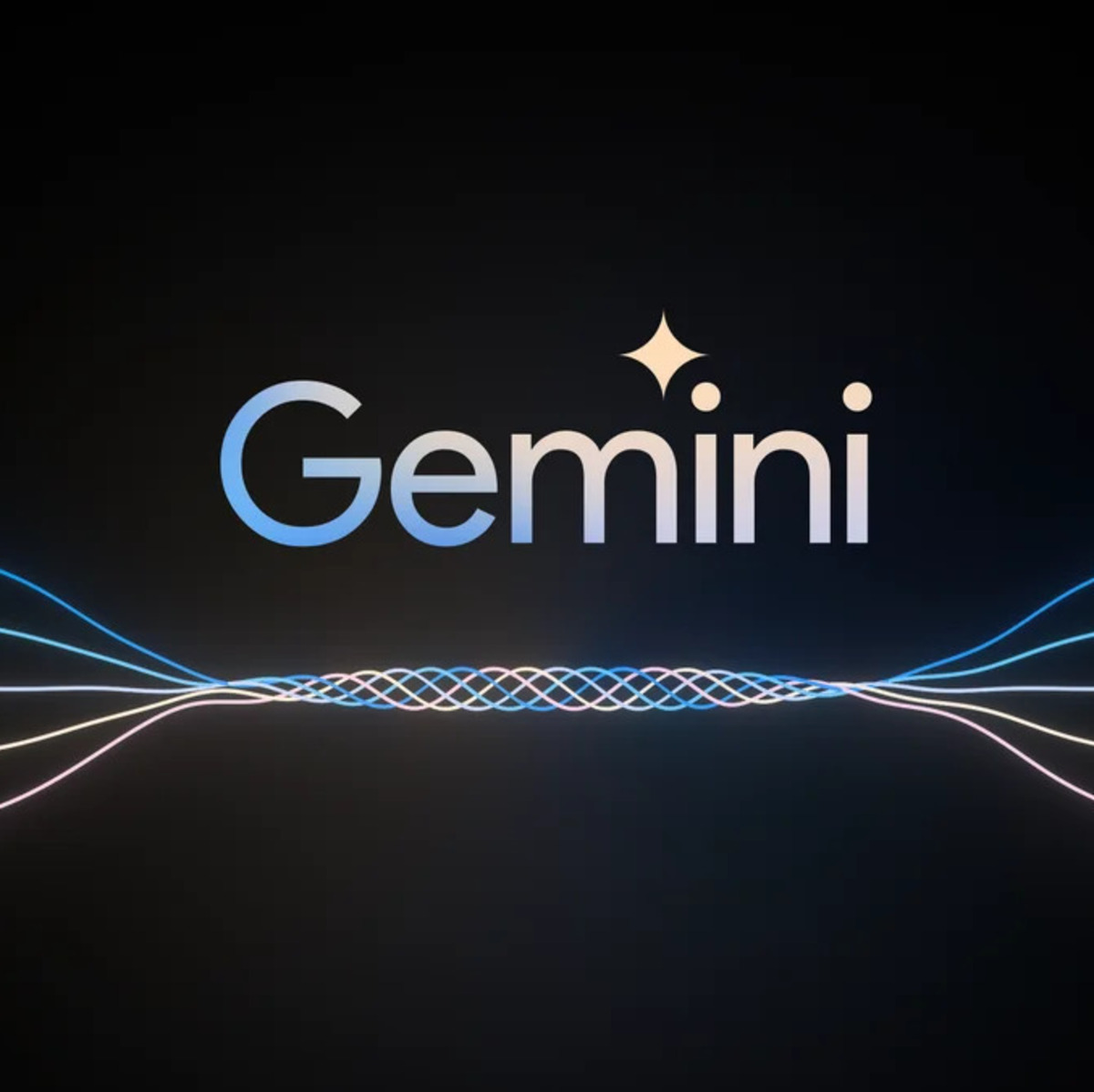Future of Indian Social Media

Social media has come a long way in the last more than a decade. It’s human nature to seek recognition and endorsement from other people. Social media provides them just that through participation and instant feedback from a community of friends. Following other users, and being followed back and accepted into a circle of online friends give users a sense of a direct connection. This acts like a virtual glue that keeps them engaged.
The Future of Social Media
The importance of platforms like Facebook, Instagram, Twitter and Whatsapp in creation and distribution of content is a key feature of Indian social media landscape and will likely continue in the future. Although the ongoing debate on security and privacy of data, its usage by the platform and the sharing of data with third parties and other businesses is a separate issue that will affect the many platforms and services.
Most social media platforms are global and multinational which means that a country-specific regulatory framework isn’t going to work, and they will have to learn to deal with massive complexity and market forces that control these channels. For government authorities, the main challenge is to first accept and acknowledge that almost 80 per cent of all news consumed in India is now done on social media platforms. As a matter of fact, content creators are already facing this problem. Indian media companies including print and television news channels and entertainment content creators are already preparing for this change.
Indian media companies are now giving a tough competition to well established international companies. How much influence they now command can be understood by the fact that the most popular channel on YouTube in terms of number of subscribers is an Indian film production and music company T series. It has a massive over 166 million subscribers, which is one-and-half times more than the second largest YouTube channel run by a Swedish comedian. Who could have imagined this around a decade back? But this is the new reality. India Is now the most important market for the global social media platforms.The traditional media companies in India have now realised how crucial technology is for their survival and future growth. The infusion of modern technology in the functioning of media is fundamentally changing business models and consumer expectations.
Since, the cost of content creation is more or less fixed, and ad revenues have been continuously falling, an existential crisis looms large on their current business model. However, the digital based, social-first and technology oriented media companies are growing at a rapid pace and keeping investors’ interest intact. The leading companies that have been performing well and are also market leaders will now have to do serious thinking and take notice as start-ups possessing disruptive power have come in a big way. The rules of the game have now changed and no company can survive on the strength of past reputation. Therefore, companies that have embraced technology in a big way stand a better chance to grow and attract new customers. Technology has shrunk the world and now the Indian companies have to compete not only against the fellow Indian companies but also with the established international companies who have more resources at their disposal.
The phenomenal growth of Netflix is a fine example of this new reality because subscription-based streaming service now allows viewers to watch TV shows and movies without commercials through an internet connection. And viewers are just loving it. This is the primary reason why serials like “Family Man” are minting money while mega budget films like “Radhe” are proving box office duds. Going back to Netflix, when the US based OTT company started making its presence felt in 2010, the Hollywood big production companies didn’t take it seriously and made light of the company and its ambitions. Time Warner CEO Jeff Bewkes went as far as saying that companies like Netflix can never pose a threat to his business.Ten years down the line, on September 1, 2020, Netflix became the largest entertainment company in the world in terms of market capitalisation. Netflix achieved this milestone in just 23 years!
That is why, anyone interested in understanding the future of India’s social media must acknowledge two most important factors – internet and the smartphone that have reshaped the news genre. However, the ‘digital’ preference is more profound in the younger generation, which has adopted digital platforms for news and entertainment content, skipping traditional channels like television and even cinemas in the process. The data says it all. So, for every television set in a middle-class home, there are now as many as four mobile phones consuming varied amounts of high-speed internet data. This itself explains the changing dynamics of how people consume news and entertainment content. The younger generation prefers everything on their handsets as they are no more part of ‘family viewing’ sessions.
It’s obvious that all available data now establishes that India is one of the largest social media markets in the world in terms of subscribers, viewership, and total number of users. However, the monopoly of few platforms means that while there are many more creators of content, including those who publish only on social media, the power of distribution is still concentrated in a few social media behemoths.
Indian market is entirely different from that of China which has never allowed foreign platforms like Facebook, Whatsapp, Telegram or any other messenger app excluding Wechat. On the contrary, India has always kept its social media space open for everyone. However, only recently in order to rein in the delinquent social media biggiers like Facebook,Whatsapp, and Twitter, the Indian government enacted new compliance rules to exercise jurisdiction over all online news, social media and video streaming platforms including those channels that are funded by foreign investors.The government of India has eventually realised that enough is enough, and now it’s time for a level-playing field for all social media.
Mike Farrier possesses over 18 years of hands-on experience in software and web development, SEO, social media marketing, eCommerce, and digital marketing. He has been active in the online domain since 2019, serving as a seasoned SEO and digital marketing consultant.
Recommended For You
Spread the loveDid you know that nearly 80% of patients use search engines to find healthcare providers? If a medical
Spread the loveBusinesses constantly seek ways to improve their online visibility and attract more customers. Search engine optimization (SEO) is
Spread the loveSearch engine optimization (SEO) has shifted from a nice-to-have feature to a business necessity. In Australia, competition across





